SETTING THE
SCENE
FOR CHANGE
Nic Greenan
Nic Greenan, a proud working-class Leeds native with deep roots in the arts, is leading the revival of beloved North East institution Tyneside Cinema as it emerges from one of its darkest periods. An influential figure who has encountered adversity and hardship throughout her lifetime, she is harnessing her extensive experience in the culture sector and her passion for supporting communities to restore the cinema’s legacy and create a brighter future for the institution.
Interview by Jane Imrie
Photographs by Christopher Owens
As both a longtime fan of independent cinema and an outspoken feminist with a strong sense of ethics, writing a piece on Tyneside Cinema felt like a particularly sharp and potentially unwieldy double-edged sword.
For myself and other North East natives, Tyneside Cinema represents a crucial part of national cinematic history - being the last remaining newsreel theatre to still be in full-time operation in the UK - as well as the region’s flair for, and commitment to, art, culture and creativity.
Originally created and built in 1937 by Dixon Scott - great uncle of acclaimed director Sir Ridley Scott - the cinema has become a beloved and respected institution over the past nine decades, bringing films from around the world to local audiences.
However, recent highly publicised controversies around sexual assault, bullying and harassment highlighted longstanding and systemic failings that left a seemingly indelible stain on the cinema and a heaviness in the hearts of many, myself included.
“It was the first time I walked into a theatre, and I was like ‘God, this is incredible! This kind of stuff exists, it's amazing!’ It ignited something in me.”
Alongside the devastating impact of COVID-19 that affected cinemas across the country, the scandal took its toll on the organisation. Yet following a complete board overhaul, tenacious fundraising efforts and a six-figure funding boost earlier this year, the cinema looks set to emerge from one of its darkest times into a new era of growth and success.
Taking on the rehabilitation and renaissance of such an institution is an indisputably Goliathian task. It seems apt then that Tyneside Cinema’s new leadership comes in the form of the petite but mighty Nic Greenan, who has a wealth of experience in the culture sector, having worked on well respected projects such as East Street Arts and the Bradford 2025 City of Culture bid.
Right from the beginning, it’s obvious that Nic has understood the assignment. “I changed my title quite quickly from CEO to Custodian,” she explains. “That's the mentality you need in a place like this…you've got to really want to care about it. I will not leave this place until I know it's in the right place, in the right hands, and it's got a future.”
With some leaders at this level, it can be easy to dismiss such rhetoric as simply a well-polished line. Before meeting Nic, I was dreading being faced with a long-in-the-tooth C-suite veteran, used to deferential platitudes and sitting comfortably at the head of the corporate table.
As Nic, a proud Northerner from Leeds, candidly shared her working class upbringing, her journey through the culture sector and her professional ethos, I quickly realised that she was not at all what I expected.
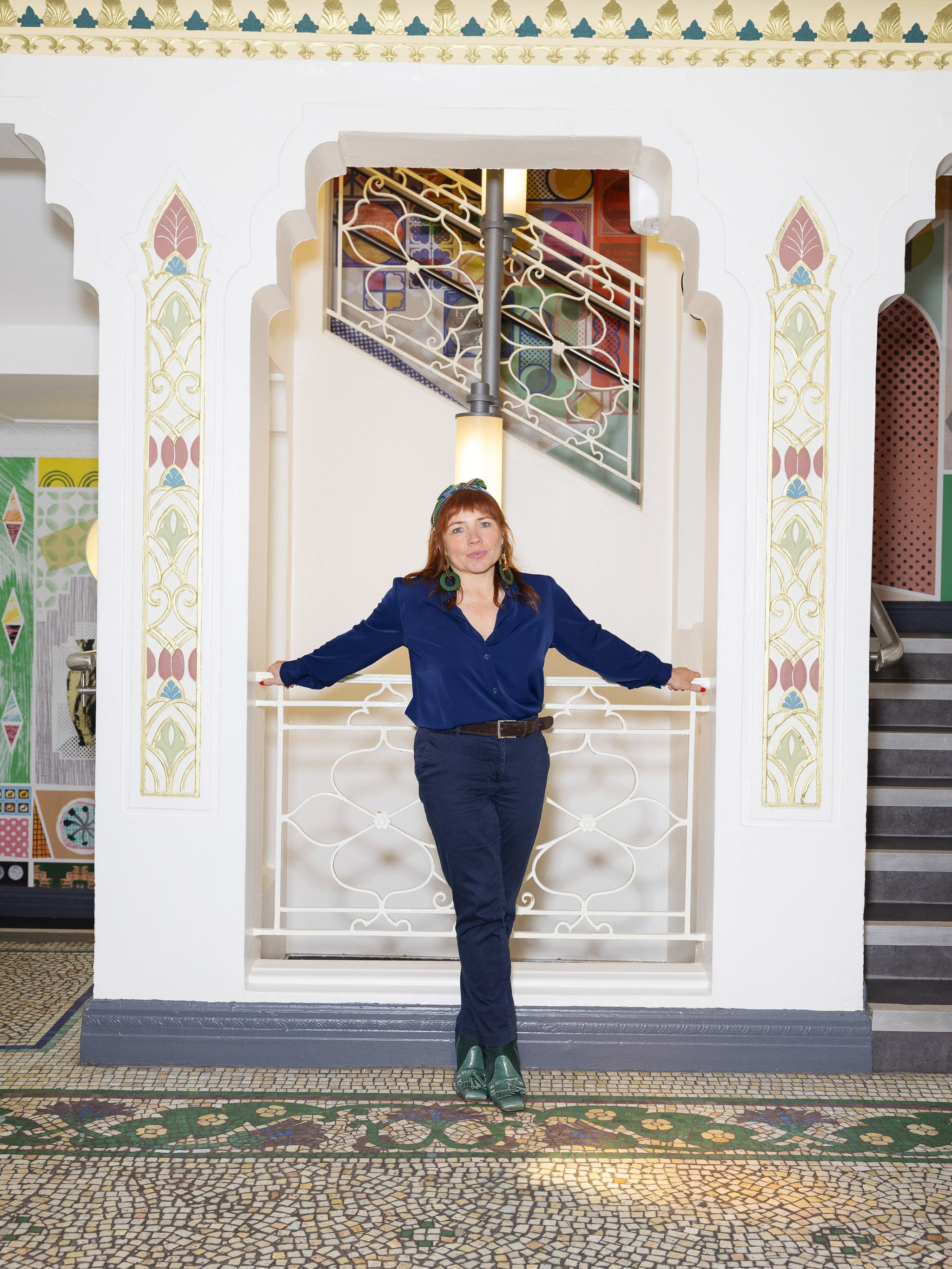
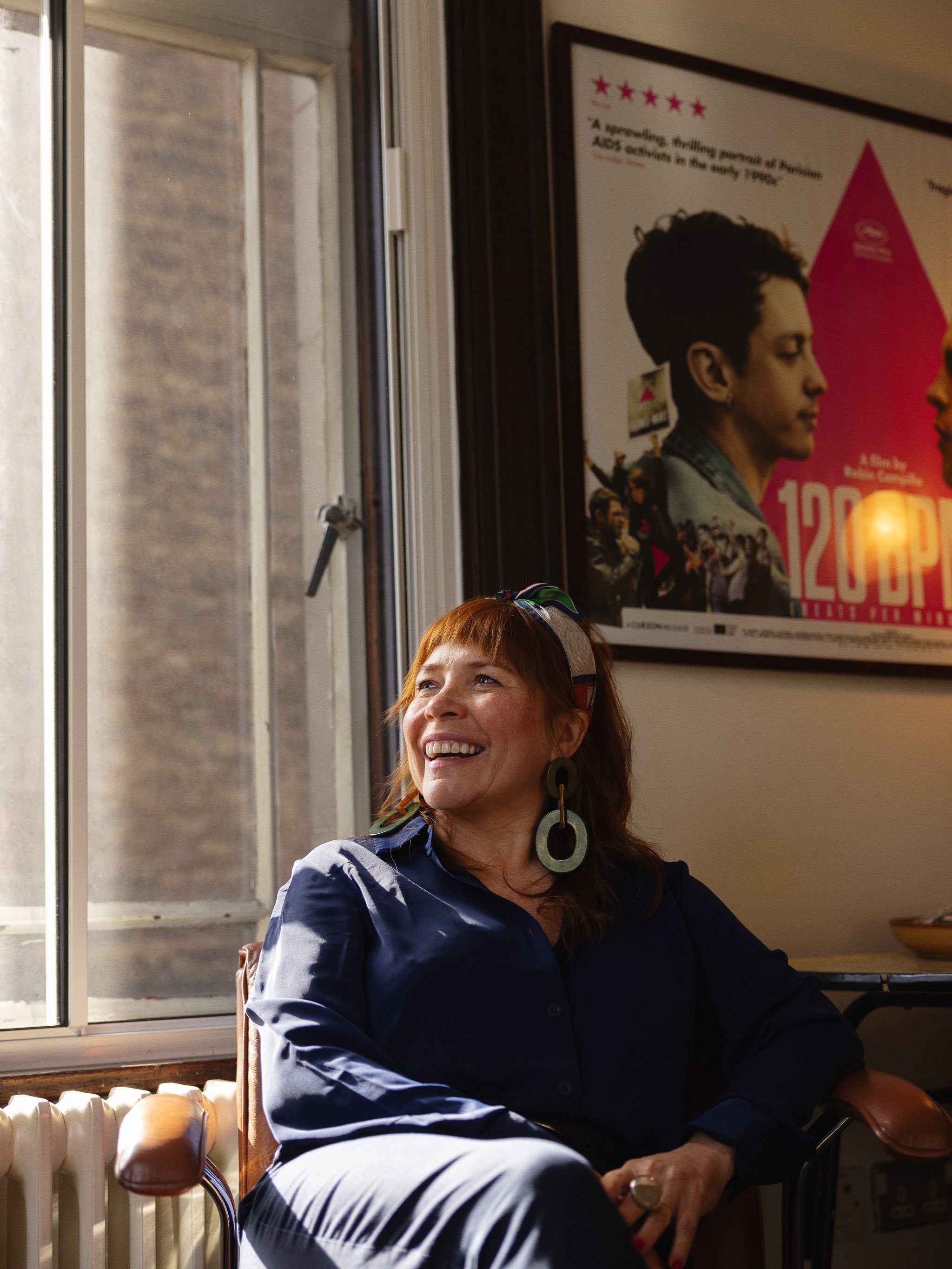
“I grew up on a council estate - like many other people - on the outskirts of Leeds in a place called Seacroft,” she says, “But do you know what? I talk about it incredibly fondly, actually. It was big, but it was very green.”
Living near the scenic Roundhay Park to the north of the city, Nic recalls a relatively idyllic childhood unmarred by judgement or any sense of deprivation: “I never even understood that I was underprivileged or anything like that. It wasn't until I started getting older, and then actually it was other people that told me… but I wasn't aware of it growing up.
“I think there's some kind of stigma sometimes around [growing up on a council estate], an idea that you didn't have access to things, but we did. We had a community and everybody knew everybody, there was a sense of camaraderie between people on the estate. I think it was a positive upbringing.”
As Nic got older, it became apparent that the conventional educational path did not suit her. “Like a lot of teenagers, I went slightly off the rails and started to discover other things to do in life rather than be good,” she explains. “I was really crashing out of mainstream education quite catastrophically and was pretty much close to being expelled.”
It is possible that Nic might have simply fallen through the cracks and become a forgotten statistic as so many at-risk young people do - had she not inadvertently been at the heart of an emerging Northern cultural revolution.
“The leader [of Leeds City Council] at that point decided that they wanted to really invest in cultural institutions,” Nic says. “That was the birth of the West Yorkshire Playhouse (now Leeds Playhouse), Opera North, Northern Ballet… all these big, massive companies came to Leeds.”
It was this regional revolution that saw Nic take her first steps into the arts world, after being put forward for a cultural outreach programme by a perceptive and supportive teacher who recognised her potential. Nic explains: “It was the first time I walked into a theatre, and I was like ‘God, this is incredible! This kind of stuff exists, it's amazing!’ It ignited something in me.”
“I never even understood that I was underprivileged or anything like that. It wasn't until I started getting older, and then actually it was other people that told me… but I wasn't aware of it growing up.”
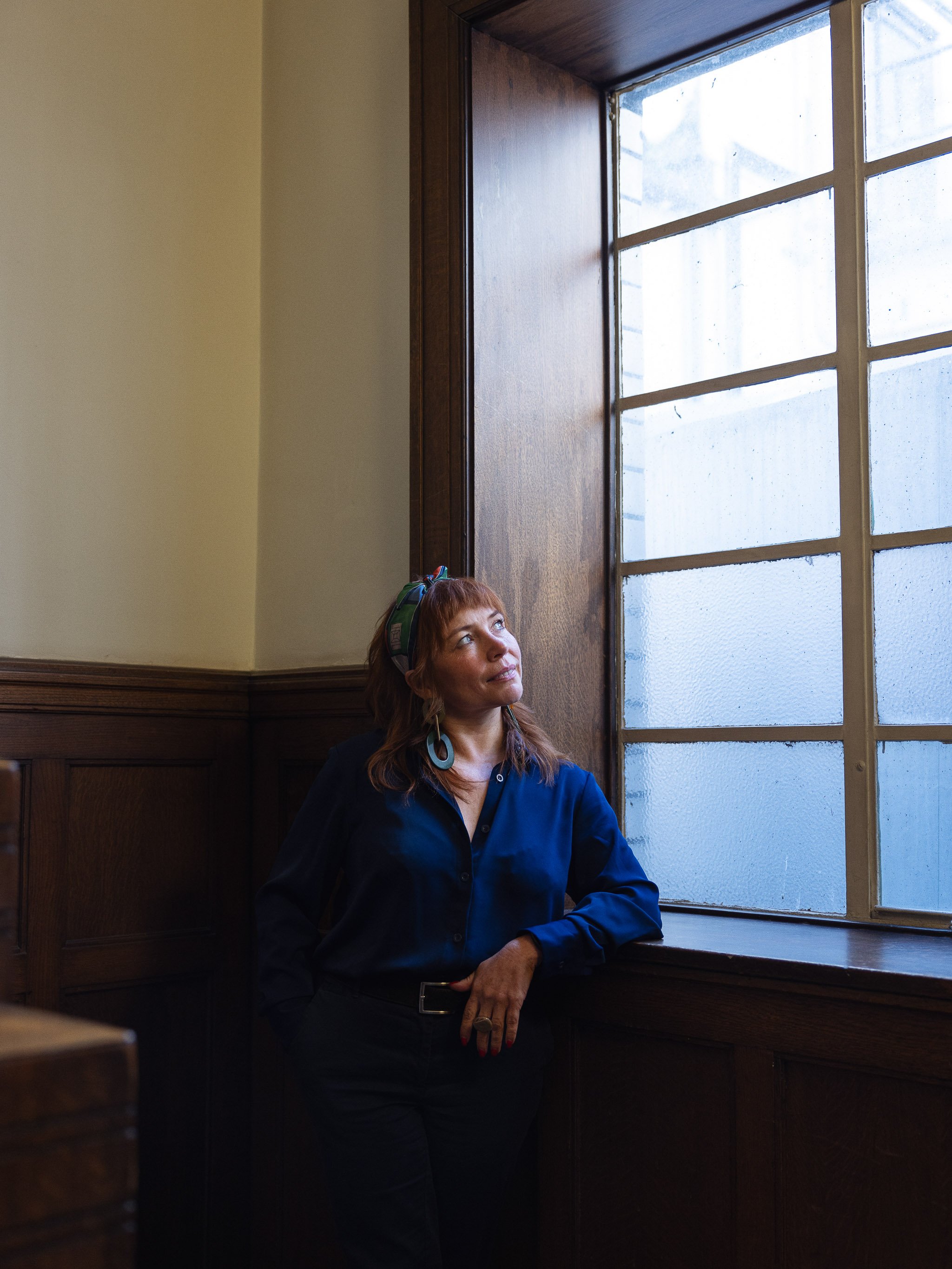
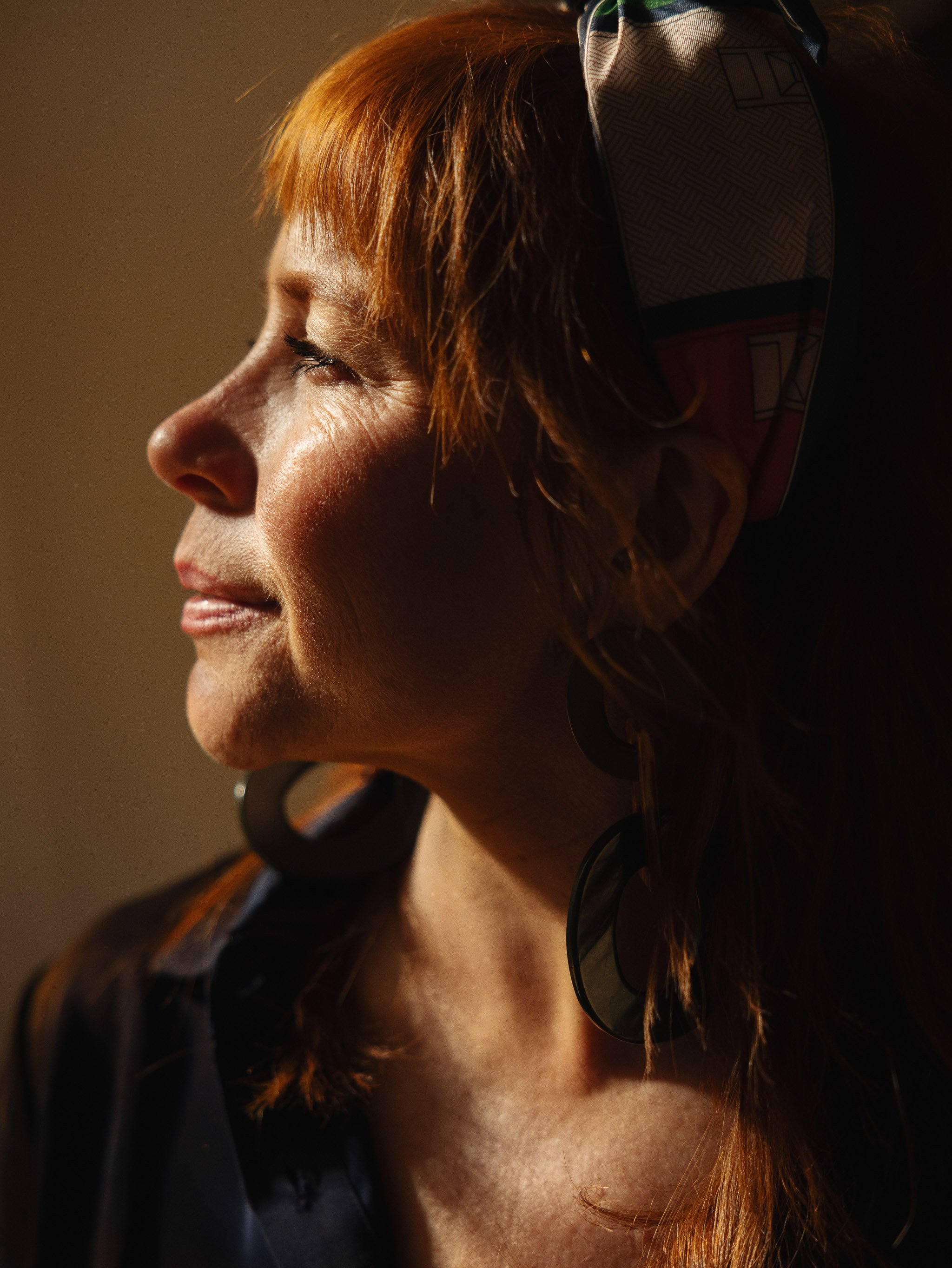
This serendipitous opportunity in her formative years proved to be crucial in cementing a love for arts and culture within Nic, creating a permanent connection to the industry that she would return back to again and again - despite the range of challenging circumstances and obstacles that lay ahead.
Spurred on to explore her career options, Nic left Yorkshire at 17 years old and headed south to study at Waltham Forest College in London, where she was supported by a “fantastic tutor” and access to financial support due to her background.
“On Monday mornings, before I'd go to college with all the other students, I had to go to the post office and pick up my dole. I remember that as a moment of going: ‘Okay, I can see the difference between other people's experiences and what I'm doing,’” she recalls.
Despite passing her BTEC course and securing a place at university to study, Nic had to return home to Leeds just a few days into the academic year due to the sudden passing of her father.
Nic explains: “I just packed up and went back to Leeds, back to my mum, tail between my legs, and ended up working the bar in a nightclub. I thought ‘That's it. I had a go. It didn't work, and that's fine. And I like hospitality, so I'll just sit here for a bit and see how I get on.’”
After giving birth to her daughter at the age of 22, Nic spent several years as a full-time mum while following her former husband’s career around Europe: “I didn't do much from a career perspective, but it shaped and formed a lot of my thinking, approach to life, aesthetics and stuff like that.”
Upon returning to the UK with her daughter some years later, Nic found herself drawn once again to the arts, so threw herself back into the industry: “I did Arts Management at Bretton [Hall College] and waitressed at night. I was then a single parent… it was three years of just absolute bonkers-ness.
“But it was phenomenal, I loved it, and it was the first time I had confidence…” she says with a smile. “I still knew I wasn't academic, but I had capabilities to make things happen and bring things and people together. I knew that I had some sense of leadership and a good eye for creativity and detail.”
“I will not leave this place until I know it's in the right place, in the right hands, and it's got a future.”
Nic leapt straight into self-employment after graduating, setting up her own arts management business, Arts-Stra. While this may have been a bold move, it was one that was actually motivated by a real lack of confidence. “It was the nervousness that I didn't think I'd get a job,” she says.
“It was me and my mate Joel that ran it at the time, and we had so much fun. We didn't have a clue what we were doing, we weren't making any money, but it was the best thing to have done, to just go out there and try lots of different things and build those connections and relationships.”
Nic worked on a wide variety of projects through Arts-Stra, including producing a choreography festival, working with the University of Leeds to support people from working class backgrounds in taking creative degrees, writing a feasibility study for Screen Yorkshire and many more.
Following the financial crisis of 2008 Nic was forced once again to pivot, this time going right back to her roots - literally. “I went back to the estate that I grew up on and set up what is now called the LS14 Trust,” she explains.
A development trust focused on engaging the local community, LS14 Trust was established in a disused former rent office on the estate’s parade of shops. There, Nic and her friend Jo transformed the space into a community hub with a difference.
“The idea was to create a sort of ‘home from home’. I wanted to create a quite cool kind of Dutch, Swedish kind of living room in this office. We went all out and it looked fucking great, it was fabulous,” she laughs.
For Nic, it was vital that this community space - known as the Digital Lounge - was able to be as bold and beautiful as any private one: “Everybody was like ‘What the hell is this?’ and it was like: just because you live or work here, does it mean that you have to have bad design?
“Design is really important - you shouldn't have to forgo aesthetics. You should still be able to have good-looking spaces that feel great, that also really makes people feel different when they're inside them.”
After three years at the trust, developing initiatives such as pantry projects and the Community Kitchen - both of which still run today - Nic felt the time had come to move on, something which would become a fundamental cornerstone of her working philosophy.
“I usually do about three to five years in any one place. That wasn't intentional, but seemed to work best for me and my approach,” she explains. “It feels like enough time to get in, understand, get to grips with things, see what change needs to happen, and then make sure that you're handing it over to the right people that then can do it better than you.”
Joining renowned arts organisation East Street Arts as Head of External Relations, Nic drew on her expertise to support local artists to have sustainable practices and spaces. “The city centre was growing and going through an economic upturn, so gentrification was happening on the outskirts and a lot of the artist studios were being pushed out.
“We worked really hard to make sure that we enabled sort of longevity and sustainability for East Street Arts and the artists that utilised their studios and space.”
It was during a cultural visit to China at the time, where Nic was first approached to support the Bradford City of Culture bid for 2025. She explains: “Steve Hartley [former Strategic Director of Place at Bradford Council] went ‘It's you, you've got to come and do it’ so I went through the process and was appointed, and then was just like… how did that happen?”
Her experience of working within a council was invaluable and gave her a new sense of perspective. “It was just fascinating, after being on the outside all the time. You understand why it's complex, why it's challenging, why it's difficult,” she says. “There are brilliant officers in there trying to do really good jobs.”
Astonishingly, it was finally at this point where Nic thought: “Oh, maybe I could do a proper job, and could lead something, and maybe I could be CEO.” Nic’s story of feeling less-than in a world where opportunities are not accessible to all is a common one, yet it still took me by surprise to hear this incredibly influential changemaker vocalise their imposter syndrome so openly.
Like many who achieve great things after following less linear and more unconventional career paths, Nic attributes much of her success to serendipity and fate: “You have interventions in your life that come in and change your direction, often to a great extent.”
Now, at the helm of such a historic and complex institution, Nic refuses to shy away from the task that lies ahead of her, and is able to take an honest and holistic look at the organisation as it is in the present moment.
“Because of the kind of things that have happened here over the last few years, it's obviously really damaging,” she admits, her compassionate tone almost imbuing the cinema with a sentience that elevates it far beyond a mere building.
“It's had organisational trauma, it's had to lick its wounds big-time for a period, and has had to go through change. It has had to get its head down to just understand how it got to that point and unpick it all.”
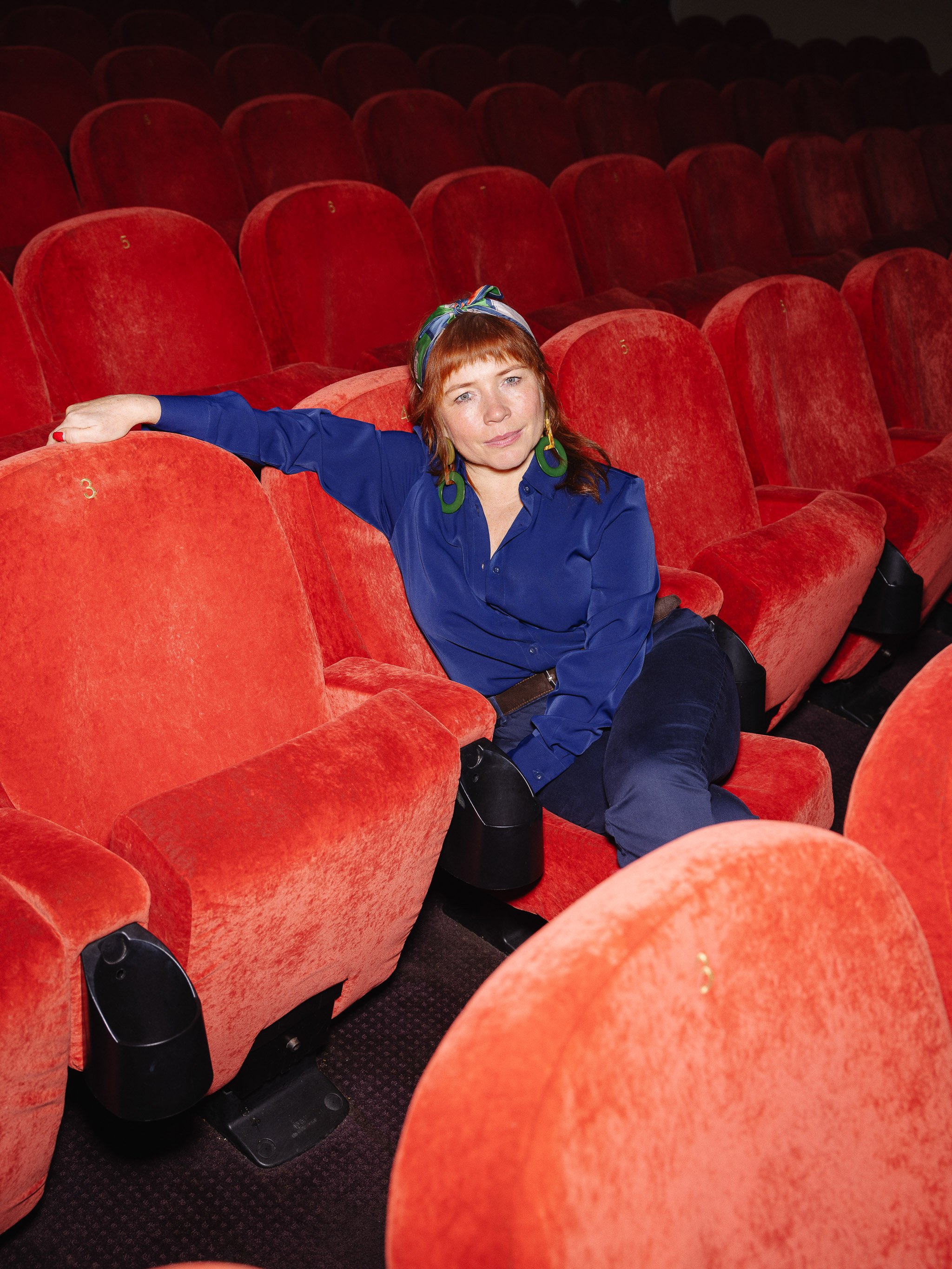
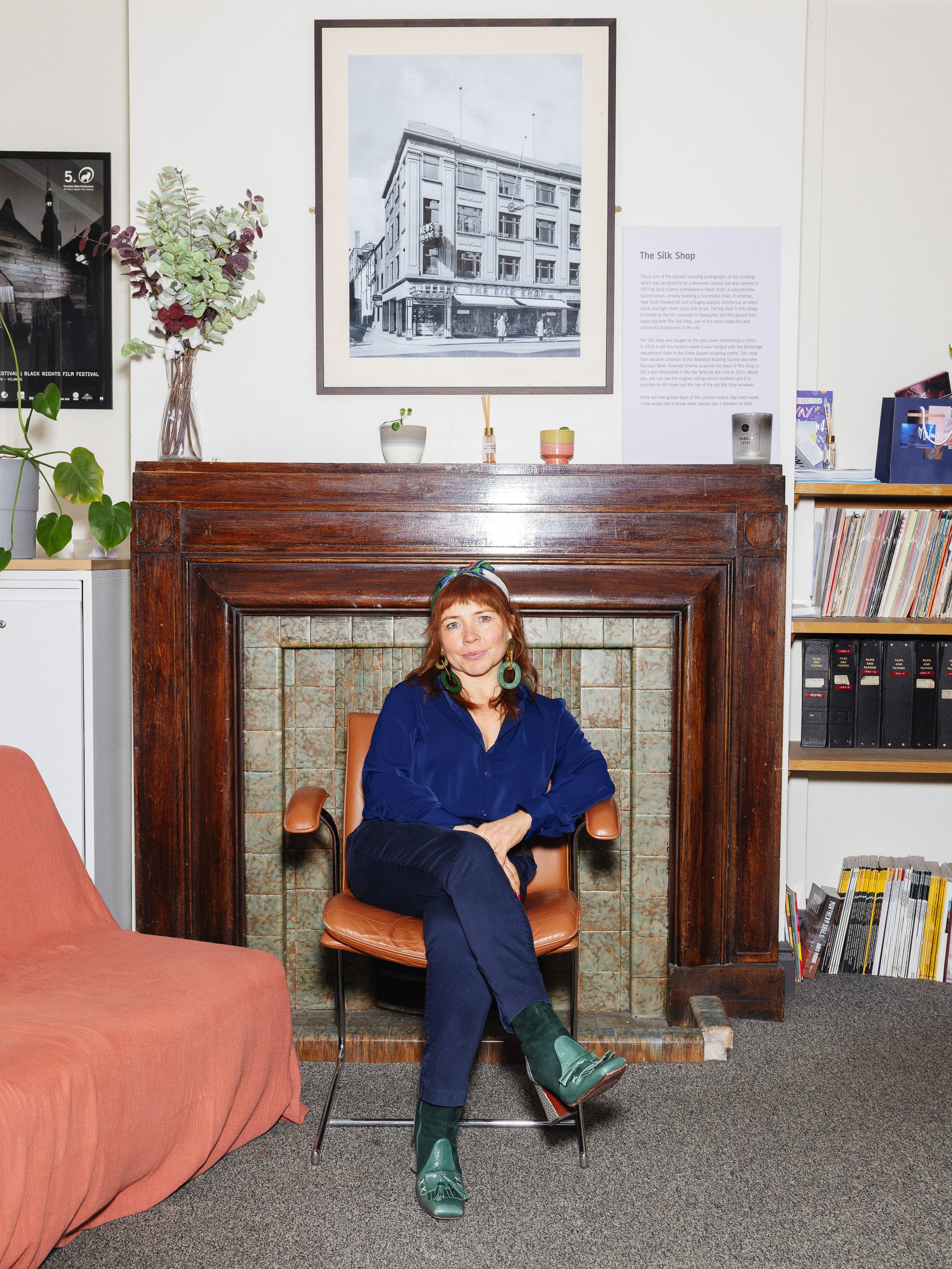
“To have such a fantastic facility in the middle of the city centre that isn't bubbling with talent and young people is not right. I get quite emotional about this. That's what I will make sure happens here, because it's so important.”
Nic’s plan to redeem the cinema and restore it to its former glory involves a renewed focus on how the organisation can serve the wider community and provide exactly the sort of opportunities that she herself benefited from: “[Tyneside Cinema] obviously became very inward-looking - because it had to - so the external [priorities] haven't been its focus. Now that's its new journey.”
Looking ahead to the next chapter of Tyneside Cinema, Nic believes that by working in tandem with the wider regional landscape, the organisation can play an important role in helping to tackle some of the region’s biggest challenges, as well as continuing to champion arts and culture.
“The arts sector is on its knees, and it needs a refreshed approach - that isn't always about just giving more grants out,” she explains. “The sector needs to evolve. It is adaptable and it needs investment, but it needs investment to be more relevant and to be part of a bigger ecosystem.
“For example, thinking about Kim [McGuinness, Mayor for North East Combined Authority] wanting to eradicate child poverty in the North East, because it's a big issue and absolutely, fundamentally the right thing for her to get behind and that everybody should support.
“So how do we as a cultural organisation go: what's our role in that? We ain't gonna fix it, but we all have a part to play. If we can then create good jobs, they should be part of that pathway.
“To have such a fantastic facility in the middle of the city centre that isn't bubbling with talent and young people is not right,” she says, wiping away a sudden flurry of tears and showing what I am sure is just a small glimpse of her passion. “I get quite emotional about this. That's what I will make sure happens here, because it's so important.”
If I wasn’t already convinced by such raw emotion, Nic makes it clear that this isn’t the sort of pie-in-the-sky thinking that some new leaders might reel off to placate stakeholders. Since joining Tyneside Cinema, she has obviously already put a great deal of work into understanding Newcastle’s cultural ecosystem and has given serious thought about what the future could look like.
“I've got an ambition to set up a programme here, a free-to-access space for young people from working class backgrounds, where they can come and learn about how to develop content across all art forms,” she says. “Bringing in commissioners, bringing in directors, writers, working with all kinds of partners like North East Screen, Generator, New Writing North and so on.”
As well as nurturing the hidden talent that the city has to offer, Nic wants to strengthen the cinema’s financial position by enhancing its offering to patrons and members in a difficult post-COVID landscape: “All cinemas up and down the country have had a nightmare, but we're at the tail end of that now,” she explains. “Audiences are back up to about 80% [following the pandemic].”
For Nic, the key to profitability lies in enhancing the overall experience of visitors, through films, events and otherwise: “People want more. If and when they come out, they want more experience.”
Encouraging visitors to spend more time and money at the cinema during a cost-of-living crisis, creating real creative and career opportunities for those who desperately need them, and restoring shaken public confidence is a gigantic undertaking. But if anyone can do it, I think Nic can - and my heart feels a little lighter.





